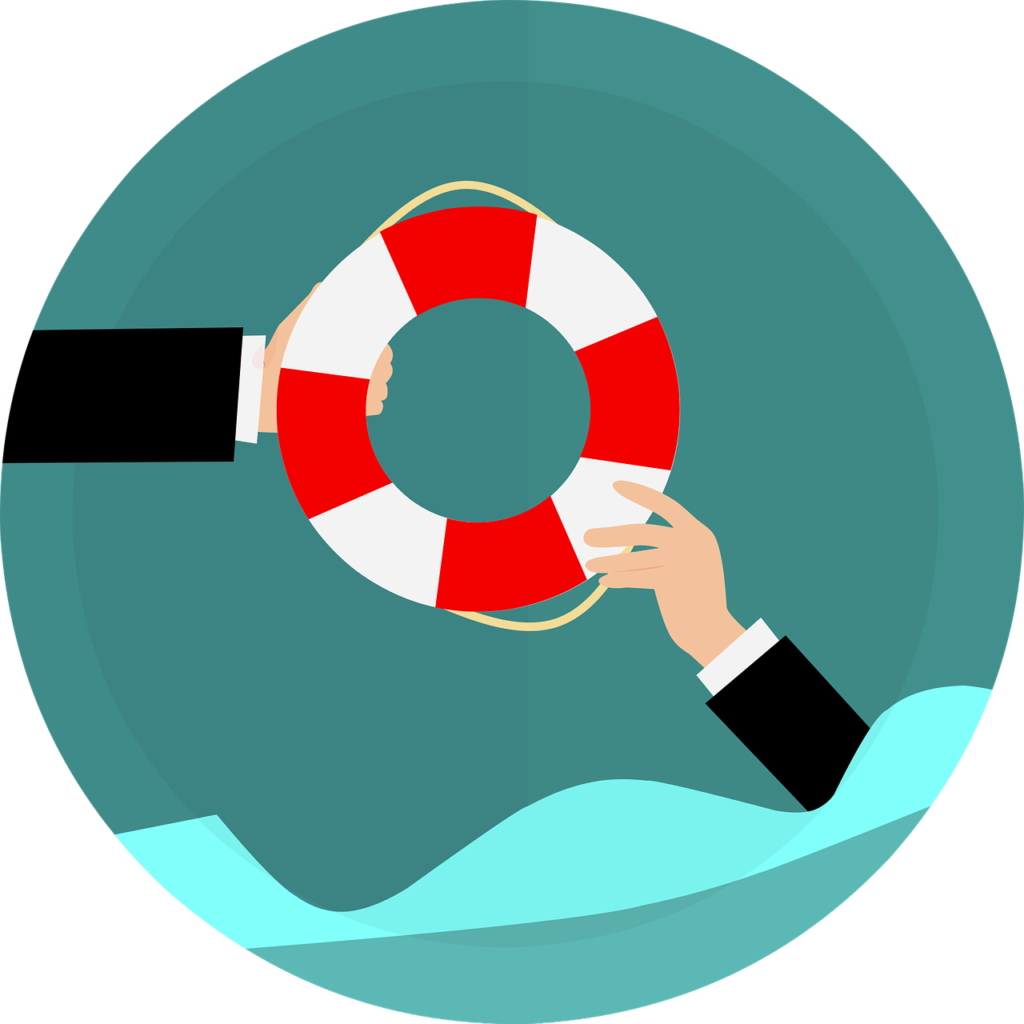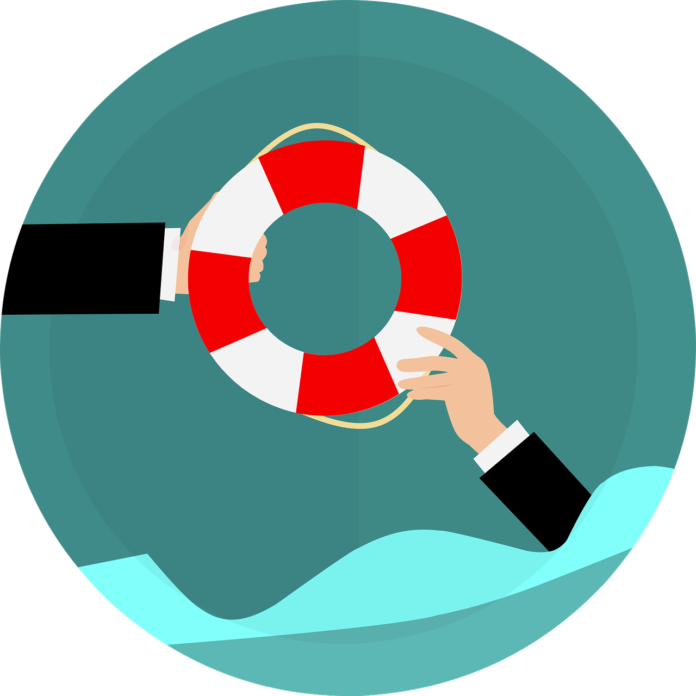
Now words of panic and terror are seen everywhere because of Novel Corona Virus. Last week in Japan, buying up of toilet papers occurred. According to Newsweek magazine, similar incidents happened in the world: panic buying. Not limited to toilet papers, in my neighborhood, face masks are sold out, hand-sanitizer and hand-soap are scarcely available. Pharmacy clerks in Japan are exhausted by angry customers.
Various news reports pointed out that this was a panic driven by terror. Once people are fallen in this mindset, chain of terror never stops: people behave irrationally.
Then why do we panic when driven by terror? A report by BBC about the panic buying of toilet papers quoted several opinions by experts and academics, all of those are persuasive enough to explain about the background. However, they didn’t sufficiently provide me with how we should behave. Typical advice of “Don’t panic” won’t work, it is rather likely to fuel further terror and panic.
“The Power of Bad” written by John Tierney and Roy F. Baumeister argue this phenomenon in a different, but interesting perspective.
The authors note that reaction to terror occurs in the most basic part of human brain. When people come across a danger which will risk their lives, they must run away from it automatically. At that time, they must push aside all the other things and make decision. Otherwise they will not survive. During this process, human brain is made to be dominated by emotion, exclude rational mind. That is why when we feel terror, we cannot think rationally and tend to act emotionally; we are more likely to panic. We are made to do so from the beginning.
Then, how should we react to terror?
This book tells various advices with actual stories. However what I was convinced most was a phrase by Felix Baumgartner, skydiver based on his extreme experience, who made a world record of supersonic diving from an altitude of 39,000m. To do that, he had to over come compelling terrors, during which process, one of the things he did was basic but very effective.
“Breathing helps a lot.”
I interpreted this principle in this way: take a deep breath and look at the things in front.
That remind me of my experience. When I came across a crisis at work or in daily life, I remember I was in a different psychological state. However, having experienced a number of crises, I began to think “Wait a minute”, that is to set back and think. Probably that “Breathing helps a lot” would be a much more sophisticated way of my set back and think.
These days, SNS, the internet, and TV accelerate the speed of information, which is useful during ordinary time. However once a crisis happens, a great amount of information gulps us.
Furthermore, Novel Coronavirus, different from typhoon and earthquake, progresses invisibly and it lasts long; in other words we don’t need to react right now. At least we have time to take a deep breath and look at things again. How about is this? ■

